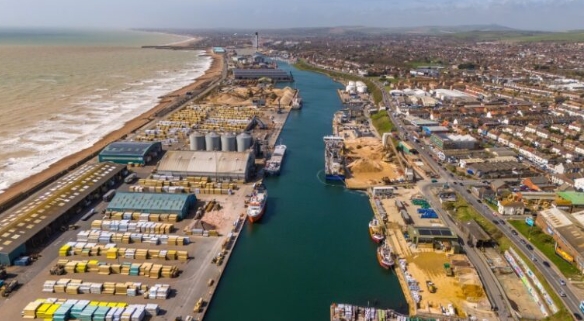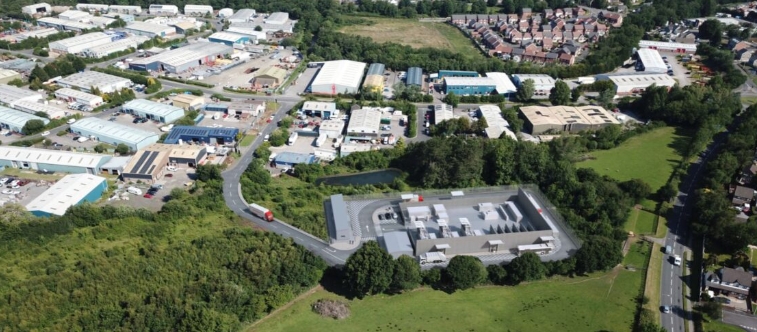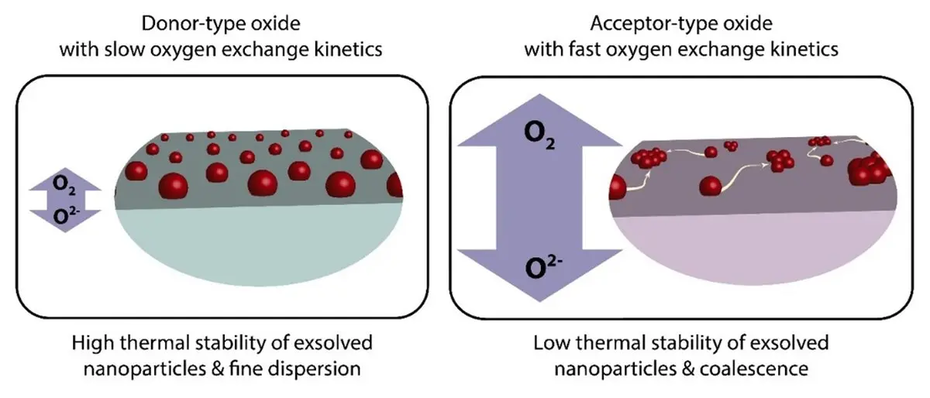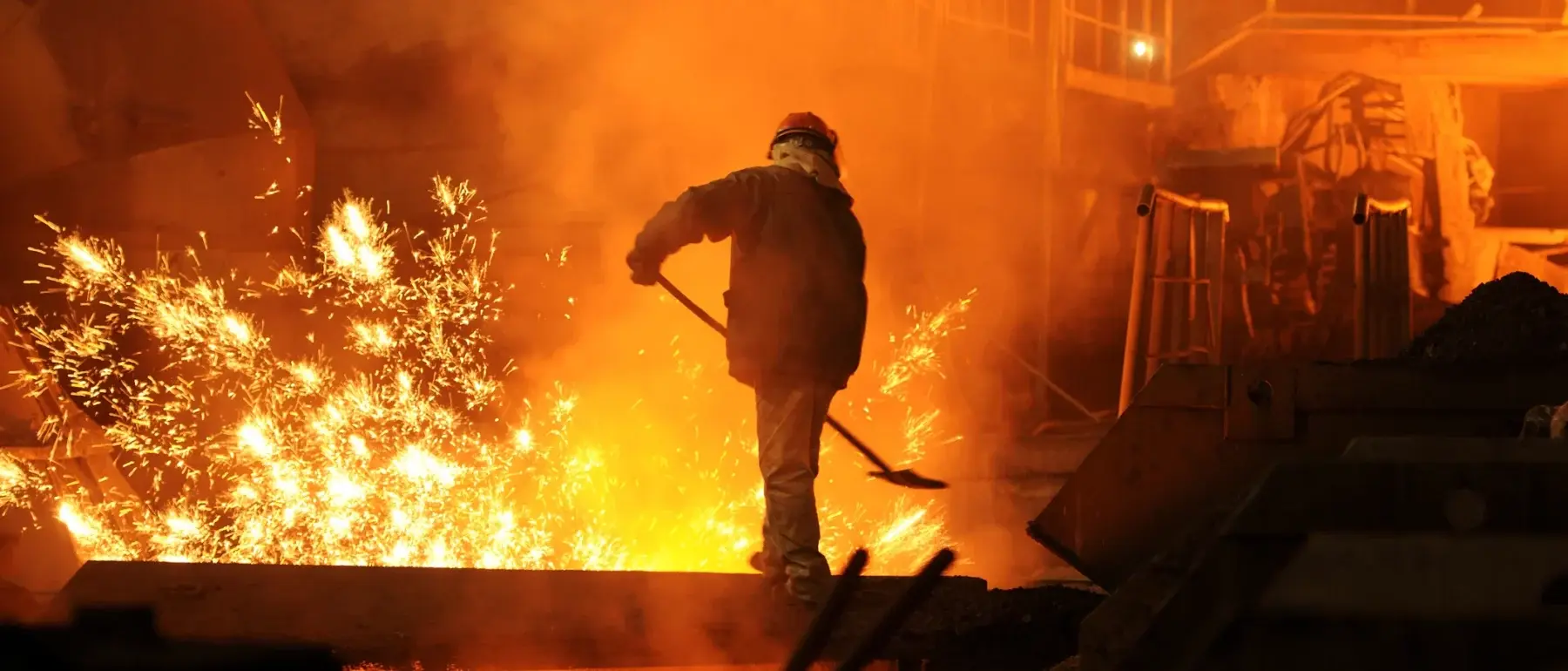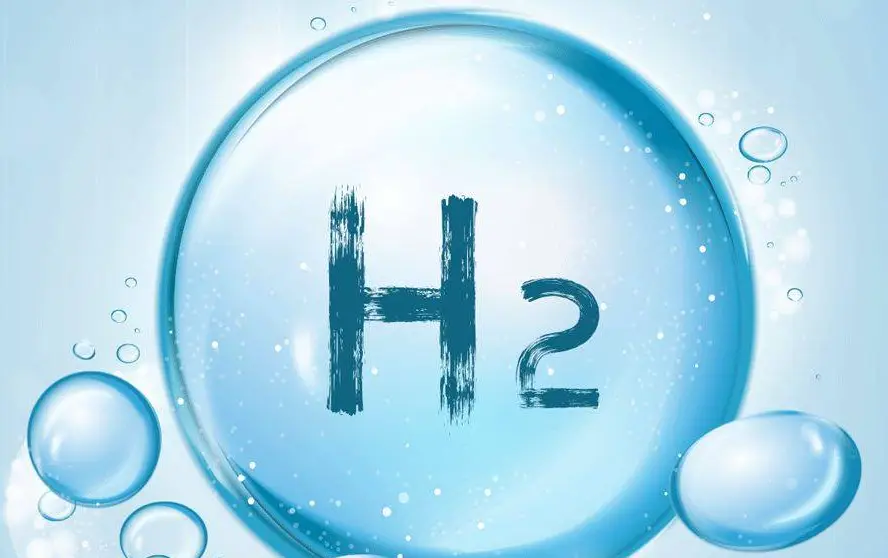
The H100 Fife project will use green hydrogen produced using a 7MW offshore wind turbine, with the network due to go live next year, after it was delayed by 12 months in April.
Residents in the area will have the option of joining the network, which would see them heat their homes and cook meals using hydrogen instead of natural gas.
Now standing as the last UK Government trail, after two similar schemes in Redcar and Whitby were waived off following major public opposition, H100 will inform future low-carbon policy decisions for the UK, which are expected in 2026.
“I’m thrilled to announce the completion of our green gas network,” said Max Biret, H100 Fife Distribution Manager at SGN. “The exceptional teamwork and dedication from our SGN team and our contractors SMART Utilities made this possible.”
Thanking the Levenmouth community for its “trust, patience and cooperation,” he added, “Your support has been invaluable in helping us deliver a high-quality project in schedule.”
The project’s construction follows major backlash against the use of hydrogen in heating across the UK. Both Northern Gas Networks (NGN) and Cadent were bidding to progress plans for hydrogen village trials in Redcar and Whitby, respectively.
Cadent’s plans were dropped by the government in July 2023 due to “no strong local support. By December, NGN’s Redcar plans were scrapped, with the government citing no low-carbon hydrogen supply.
Hydrogen’s use in heating has emerged as one of the most contentious applications for the energy carrier. While many suggest it is a pragmatic approach to decarbonising domestic heating, with changes to boilers and appliances, its use has been widely discredited in a variety of studies.
A 2022 peer-reviewed study of 32 independent studies unanimously concluded that the widespread use of hydrogen for heating was not supported.
“Existing independent research so far suggests that, compared to other alternatives such as heat pumps, solar thermal, and district heating, hydrogen’s use for domestic heating is less economic, less efficient, more resource intensive, and associated with larger environmental impact,” the report said.

